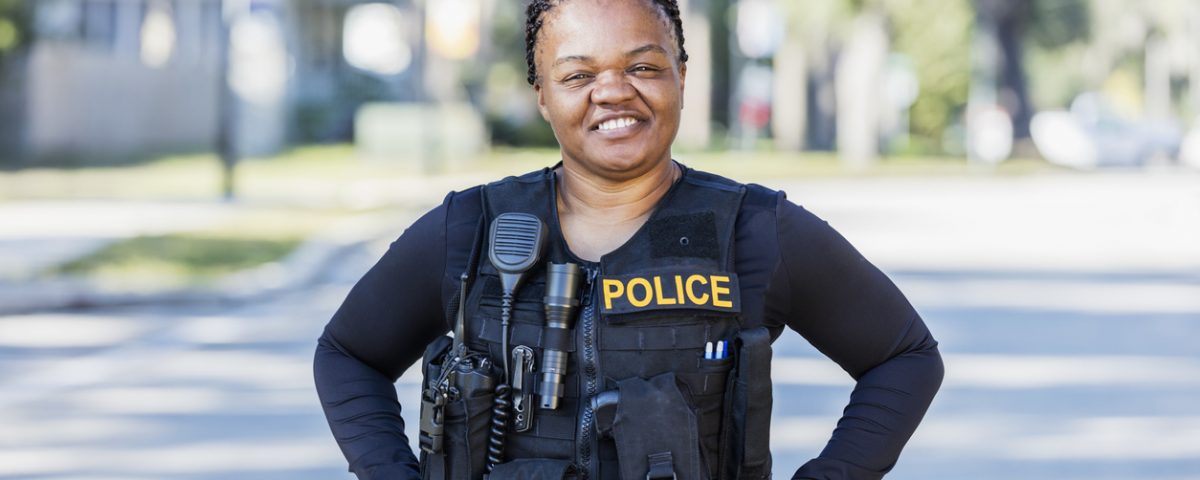5 Essential Skills Every Police Officer Should Master

The Digital Transformation of Government: How Public Officials Can Drive Innovation
July 10, 2023
What Your Client Needs to Know About Deadly Weapon Liability Protection
July 24, 20235 Essential Skills Every Police Officer Should Master
In a time when law enforcement is so highly visible, it is essential to consider the skills that a good police officer might have. When you sell police professional liability policies, you should prioritize your understanding of these skills to educate policyholders better and provide them with resources to help ensure success. This article will consider four of the most critical skills a good law enforcement officer should have to excel at their job and reduce the risk of liability claims.
1. Effective Communication and De-Escalation
Law enforcement is a public role that requires good interpersonal skills. Clear, calm, and concise communication is a valuable tool for helping to calm volatile situations, reduce the chances of escalation, and establish a connection with the parties involved. Toward that end, officers who receive empathy education and conflict resolution training are less likely to face liability claims and misconduct accusations.
2. Crisis Management and Decision-Making
The law enforcement field is fast-paced and dynamic, so police officers need to think on their feet, assess a situation, and make quick decisions about how to proceed even when the situation is high-pressure and challenging.
As you write police professional liability policies, advise your clients to consider continuing education in crisis management. Recommend tools and techniques for establishing decision-making guidelines that factor in ethical and legal considerations and emergent risks. Officers with solid decision-making and crisis management skills can better respond in the best interest of public safety with measured, professional support that reduces the risk of liability issues.
3. Cultural Competence and Diversity Awareness
An effective police officer understands and respects differences in culture, perspective, and beliefs. When writing policies for law enforcement liability protection, encourage those policyholders to pursue diversity training and cultural awareness education. Cultural competence, diversity tolerance, and inclusion education will help officers work more effectively with those from various backgrounds. It reduces the risks of liability claims due to discrimination and allows officers to build stronger relationships within the communities they patrol.
4. Ethical Conduct and Professionalism
Law enforcement officers have a code of ethics that demands the highest integrity. Officers must uphold laws and department policies, make ethical and professional decisions, and prioritize accountability.
Encourage policyholders to incorporate professional development programs with ethics training and accountability education. Officers with ongoing education in ethics, professionalism, and professional integrity are less likely to face claims of breach of trust, abuse of power, and professional misconduct.
5. Encouraging Responsibility in Police Professional Liability Clients
Police officers hold high-profile positions within their communities, and their decisions affect their professional careers and the public perception of the department. Officers are responsible for ensuring safe, effective, ethical services in the community. These are four of the most essential skills that your law enforcement clients should have. As an agent, you can encourage ongoing education and a focus on critical skills to reduce the risk of police professional liability claims.
About PGUI
Professional Governmental Underwriters, LLC., is a full-service risk management company dedicated to assisting public, educational and non-profit entities in the management of their professional liability exposures including educators liability insurance. We are dedicated to providing state-of-the-art professional underwriting management and loss control advisory services on behalf of our designated carriers. For more information, call us toll-free at (800) 586-6502.


